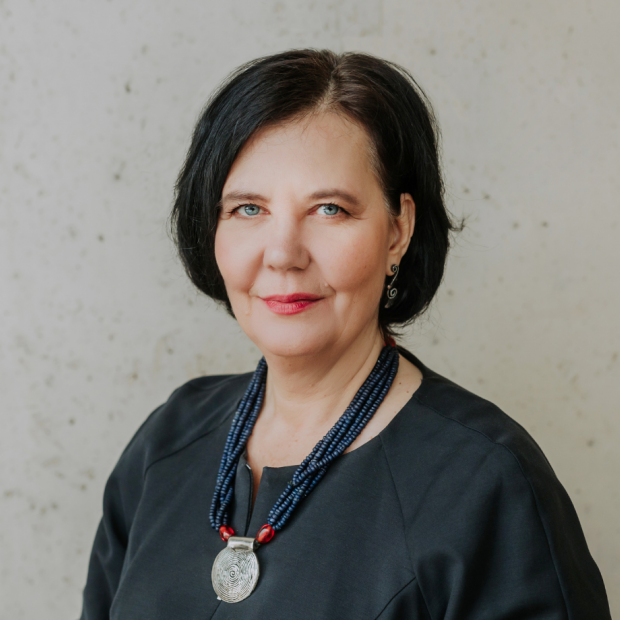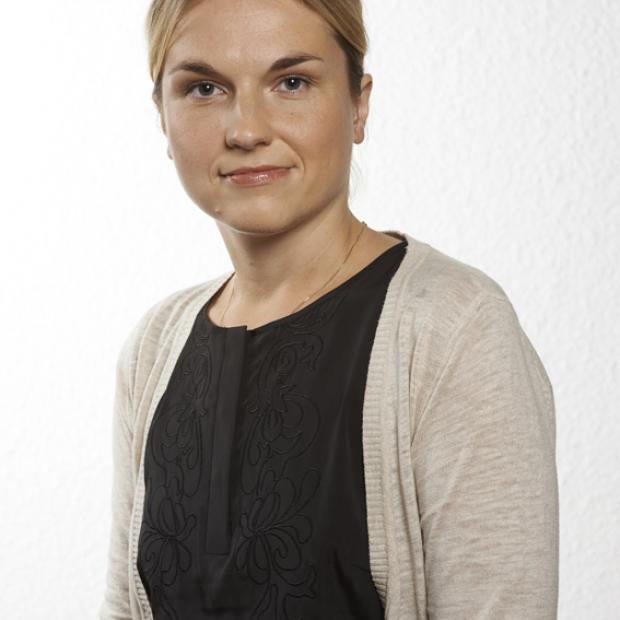PhD Thesis: The Rehabilitation Services System in Estonia is Fragmented
On 27 June, Karin Hanga from the Tallinn University School of Governance, Law and Society defended her doctoral thesis, which studied the rehabilitation needs of people with disabilities, their rehabilitation goals and the key elements in providing person-centred social services.

The study showed that even though the problems people with disabilities face in their everyday lives are complex, they consider the main hurdle to be unstable health. “Many participants in the survey complained about chronic pain, their inability to understand all the symptoms their illness brought along, and the difficulties in adapting to their new life. Health-related limitations were compounded by their physical environment, which meant they needed helpers, technical aids and adaptions,” Hanga said and added that other more common problems were emotional issues, and the lack of social and disability-specific skills. “I found that quite often the social and healthcare services offered are not individualised, empowering nor flexible – the rehabilitation services system in Estonia is fragmented between health, social, employment and educational spheres, the responsibility is unclear and people do not know which system to turn to,” she noted.
The organisation and financing of these services draw concrete lines between medicinal, social and employment-related rehabilitation, which are coordinated by three separate ministries, indicating a problem in the legal system when it comes to finding solutions to health-related issues in social and employment rehabilitation. “Therefore, it is difficult to address a person’s needs as a whole, in time and individually,” the author explained.
The preliminary assessment questionnaire developed during the study allowed the researcher to map the spheres in which people with disabilities have the most difficulties, what they wish to change to adapt, and what services they need the most. At the same time, the author admits mapping the needs is not the solution, when there is a lack of services to answer these needs. “Estonia needs a unified agreement and framework in offering rehabilitation services. The borders between social, employment, educational and health care services are necessary, but when it comes to rehabilitation services, they are somewhat artificial, as the needs of people with disabilities are difficult to categorise as medicinal, social and/or employment-related,” Hanga explained. “We are losing valuable time while not achieving the results by directing people to various services that do not see to their needs wholly and in time, nor support them in receiving other vital services.”
The doctoral thesis “Developing and Initial Social Rehabilitation Needs Assessment Procedure and the Scope of Rehabilitation Services for Persons with Disabilities” was defended at Tallinn University on 27 June. The supervisors were Senior Research Fellow Lauri Leppik from Tallinn University and Professor Diana M. DiNitto from University of Texas at Austin. Professor Jean Pierre Wilken from the HU University of Applied Sciences Utrecht served as a consultant. The opponents were Professor Riina Kiik from the Norwegian University of Science and Technology, and Training Director Elaine Eisenbaum from University of Kentucy.
You can access the full text of the thesis via the Tallinn University Academic Library e-Vault ETERA.




